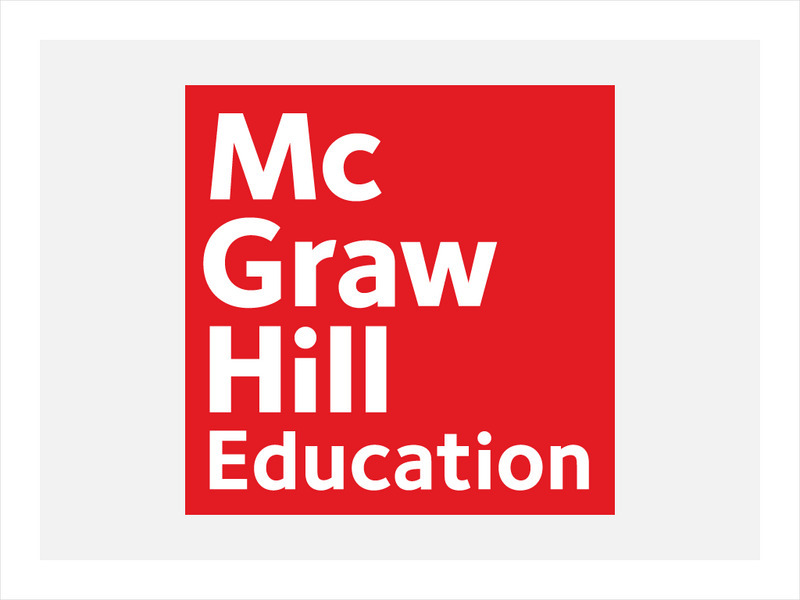Curated OER
Study Guide for Saki's "The Interlopers"
In this comprehension check worksheet, students define 6 vocabulary words, define 9 literary terms, respond to 8 short answer questions, and complete a graphic organizer pertaining to "The Interlopers" by Saki in order to help them...
Curated OER
Study Guide: The Interlopers
For this study guide worksheet, students define vocabulary and literary terms used in "The Interlopers". Students answer comprehension questions based on the reading and fill in a chart with characters and their traits.
Curated OER
Alliteration
Students write and illustrate a sentence which names a letter of the alphabet. The sentence should have subject, verb, describing words, and incorporate alliterative techniques.
Curated OER
Study Guide: The Most Dangerous Game
In this study guide for "The Most Dangerous Game" students define vocabulary and literary terms found in the reading. Students also answer reading comprehension questions.
Curated OER
Putting It Together
Students read aloud the book "Courage" by Bernard Waber and discuss the examples that compromise the defintion of courage. They describe another word such as joy and work with a partner or group to brainstorm and write sentences of...
Curated OER
Poetry Unit
Learners, after examining three forms of poetry, review and document a variety of literary terms. Vocabulary words are enveloped into the literary terms as well and are cited from each selection by each student.
Curated OER
Hyperbole, Idiom, Oxymoron
Fourth graders identify the usage of idiom, hyperbole, and oxymoron in literary passages. They apply this knowledge of figurative language through a composition exercise. The writing of teacher generated examples is also helpful.
Curated OER
I Have A Dream
Students create a reader response essay as they react to the I Have A Dream speech made by Martin Luther King. In this Martin Luther King lesson plan, students read the speech, fill out a Civil Rights movement sheet, have discussions,...
Curated OER
Legends of the Fifth
Fifth graders discover the difference between myths, legends, and folk tales. They summarize legends. They work together to dramatize legends and then create their own legend using the writing process. Handouts and worksheets are included.
Curated OER
Poetry for Kids
Sixth graders be immersed indirect experiences which are opportunities for students to reflect, look back, debrief or abstract from their experiences what they have felt, and thought, and studied.
Curated OER
Poetic Devices
In this figurative language worksheet, students read and study examples of simile and metaphor. There are 20 questions to be used with Smartboard and 10 questions in which students identify similes or metaphors.
Curated OER
Christmas Poetry
Middle schoolers explore writing using literary terms. In this Christmas poetry instructional activity, students write a poem about a Christmas tree or a snowman using at least one example of each: metaphor, simile, and personification....
Curated OER
Georgia Performance Standards Framework for ELA Unit 6-8th grade
Eighth graders explore figurative language through the study of picture books. In this figurative language lesson, 8th graders listen to books and chart the figurative language that they hear. Students discuss examples in groups.
Curated OER
Modern American Poetry
Students identify different types of literary terms in poems. They read different poems and create a packet summarizing them. They write a poem of their own and a biography of one of their favorite poets.
Soft Schools
Practice Reading Poetry
Identify the rhyme scheme in a worksheet that features "Mary Had a Little Lamb." Readers use the nursery rhyme to reinforce poetic elements in four comprehension questions.
Curated OER
Magic Squares: The Awakening
After matching words drawn from Kate Chopin’s novel, The Awakening, with their definitions, readers complete a magic square game. Included are instructions for how to develop magic squares.
Curated OER
A Courtin' We Will Go
Students investigate dialect in poetry as an indication of a people's culture in literature. They write a poem about dating in this era.
Curated OER
Poetry Unit Test
In this poetry activity, students complete multiple choice questions on different aspects of poetry. Students complete 40 questions total.
ClassFlow
Class Flow: Metaphor & Simile
[Free Registration/Login Required] This flipchart helps students understand the use of metaphors and similes in written and spoken language. There are several fun examples, activities and whole group feedback using Activotes.
Other
Centre for Literacy in Primary Education: Poetryline: Poetic Forms and Devices
An excellent resource for learning about the different forms and devices used in poetry. Each item is linked to its own page which has examples of its use. Many of the pages have videos of authors reading their poems, and some have...
Houghton Mifflin Harcourt
Holt, Rinehart and Winston: Elements of Literature: Identifying Figures of Speech [Pdf]
A graphic organizer which allows students to document and list the figures of speech they identify in a given piece of literature. These include simile, metaphor, personification, and symbol, and require examples from the text.
E Reading Worksheets
E Reading Worksheets: Figurative Language Examples
Along with definitions for four types of figurative language, this learning module provides numerous examples. Similes, metaphors, personification, and hyperbole are the types of figurative language featured.
Other
My Schoolhouse: Simile, Metaphor, Hyperbole
Definitions and examples of simile, metaphor, and hyperbole followed by 15 sentences asking students to identify whether the sentence contains a simile, metaphor, or hyperbole.
McGraw Hill
Mc Graw Hill: Vocabulary Acquisition and Use: Understand Figurative Language
Explains what similes and metaphors are and how they are alike and different. Provides examples and practice sheets for each.




















![Holt, Rinehart and Winston: Elements of Literature: Identifying Figures of Speech [Pdf] Graphic Holt, Rinehart and Winston: Elements of Literature: Identifying Figures of Speech [Pdf] Graphic](http://lessonplanet.com/content/resources/thumbnails/410154/large/bwluav9tywdpy2symdiwmduymc0yotywmi1ondh3nneuanbn.jpg?1589985628)

